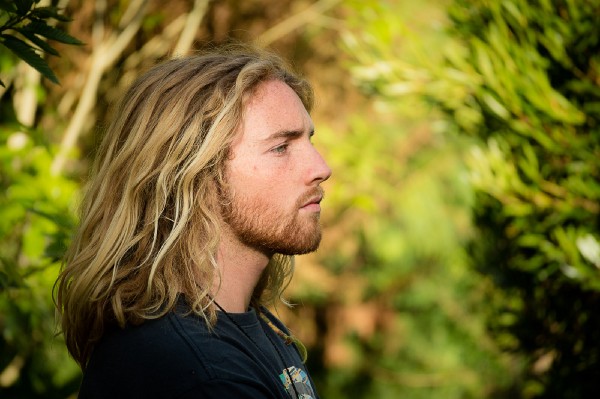A bread bakers’ gathering in the spirit of Parihaka
I am deeply committed to co-creating the space for 20 people living together for 15 days and supporting the growth of a caring and resilient community where teaching and learning from each other seamlessly occur. It is also called a Permaculture Course! It is difficult to describe what actually happens in that time. Yes, we have a diverse and rich programme and yes we are a team of skilled and experienced teachers at two beautiful venues (first at the Hanawera farm and then the Waihoanga centre, both in Otaki).

However, it is the participants coming together which make the course unique and each year very different. It evolves and transforms as we go.

This archetypal human question applies to an organisation as much as to an individual. Your given name doesn’t help towards solving this riddle.
Toru Education is just over one year old. It was called into life by founding Trustees Gary Williams, Lucy Carver and myself on the 29th September 2016 with a mission of “Toru Education is to provide experiential education opportunities that nurture people, planet and spirit”.

In format, Toru wishes to be a truly sustainable organisation that cares for its people, shares the tasks in a fair way, and unfolds in a natural manner, over time, without being pushed and scaled up too early. “No synthetic fertilizer, only compost!”
During this first year, at its simplest form, it was the legal container for a variety of courses on sustainable living, taking place in the region of Horowhenua and Kapiti coast, as well as an informal network of Toru courses alumnae. I described the initial story of Toru, its whakaapa and some possible ideas for the future here. That article indicated the evolving nature of Toru: “The identity of Toru will be shaped, formed and continuously re-formed through its activities and the stories of the people it attracts. “
Curiosity is a fundamental human feature and leads to our daily wondering and pondering, creating the natural lifelong yearning for learning.
“I wonder why ……. ??”

I believe the best response to such an archetypal human question is to go out there and search for answers in real life encounters and experiences. Flicking out the phone and getting a quick fix answer from Google is not meeting this deeply human need for experiencing moments of mystery and wonder, for meaningful social connections, for adventure and actual experiences. And what about the un-Googleable questions…… , such as ‘Who am I?” and ‘What is my task?’ ………. No quick fix Google answers for such questions…
Toru Education supports this natural appetite for life-long learning and does it in Akostyle: in teaching and learning from each other in inter-generational settings. It is a not-for-profit education provider offering hands-on, offline, experiential courses that support sustainable living that is fair and caring for all, nurturing the people, planet and spirit.
The flagship course is the permaculture course which touches many of those core human questions and strives to create off-line experiences that remind us of the inherent interconnectedness of all realms of life.
My greatest wish is to make the permaculture course affordable for all. In this little blog, I ponder how we could achieve this as a private education provider with no external funding, relying on user-pay.
I have been pondering over educational models for adults. I have worked in the New Zealand education sector as a principal for twenty years and have had many individual conversations with school leavers and university graduates. I have become acutely aware of the questions and pressures during this transition phase into independent adulthood. Many seem to yearn to learn practical skills and for community but at the same time, express the need for a high degree of individual freedom. The current classical tertiary model has its place but does not really respond to that yearning. Read more on medium...